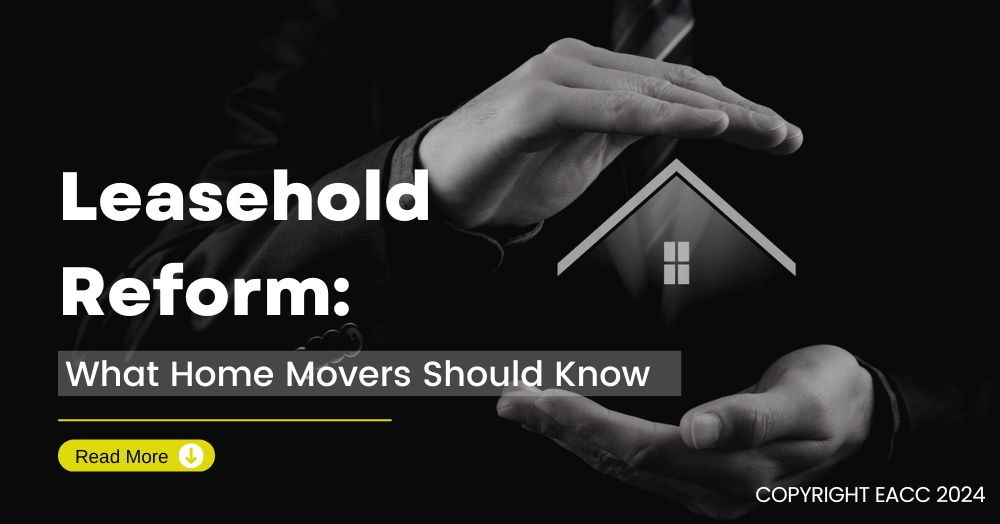If you own or are buying or selling a leasehold property, there could be some significant changes to think about in 2025.
With a leasehold property, you own the property but don’t own the land it sits on. Instead, you have a lease on it for a set number of years. You also pay ground rent to whoever owns the land – the freeholder.
There are five million leasehold properties in England and Wales. Most flats and some houses are leasehold. (Scotland has a different system and no longer has leasehold.)
The last government passed the Leasehold and Freehold Reform Act just before the general election – although it didn’t bring the new rules into operation.
Once this new law is in place, it will make it easier and cheaper for some leaseholders to extend or buy their freehold. It will increase lease extensions to 990 years with zero ground rent. It will provide more transparency on service charges. It will ban new houses from being sold leasehold. It will make it easier for more flat leaseholders to manage their block.
In November, the government pledged to bring these new rules into law ‘at pace’ and proposed more changes to leasehold law. Housing Minister Matthew Pennycook said a new Leasehold and Commonhold Reform Bill will be announced in 2025.
This new proposed law will further strengthen leaseholders’ rights to extend or buy their lease or manage their property. It will tackle unregulated ground rents and address maintenance charges on private housing estates. It could bring in new rules for managing agents.
The new Bill will also propose a new form of ownership known as commonhold to replace leasehold. With commonhold, everyone in a block of flats owns their own flat and shares the block on a freehold basis. It is a very different way of owning property compared to leasehold.
Leasehold reform – what should we do now?
Although there are likely to be some big changes in 2025, there is some uncertainty about whether and when the new laws will be enacted. So it’s important to keep yourself informed.
If you are selling a leasehold property or considering buying one – the property particulars will tell you this.
It’s also essential to take advice from your estate agent or conveyancing solicitor. They can explain exactly what these changes could mean for you.
Would someone you know benefit from reading this article? Why not share it with them?

